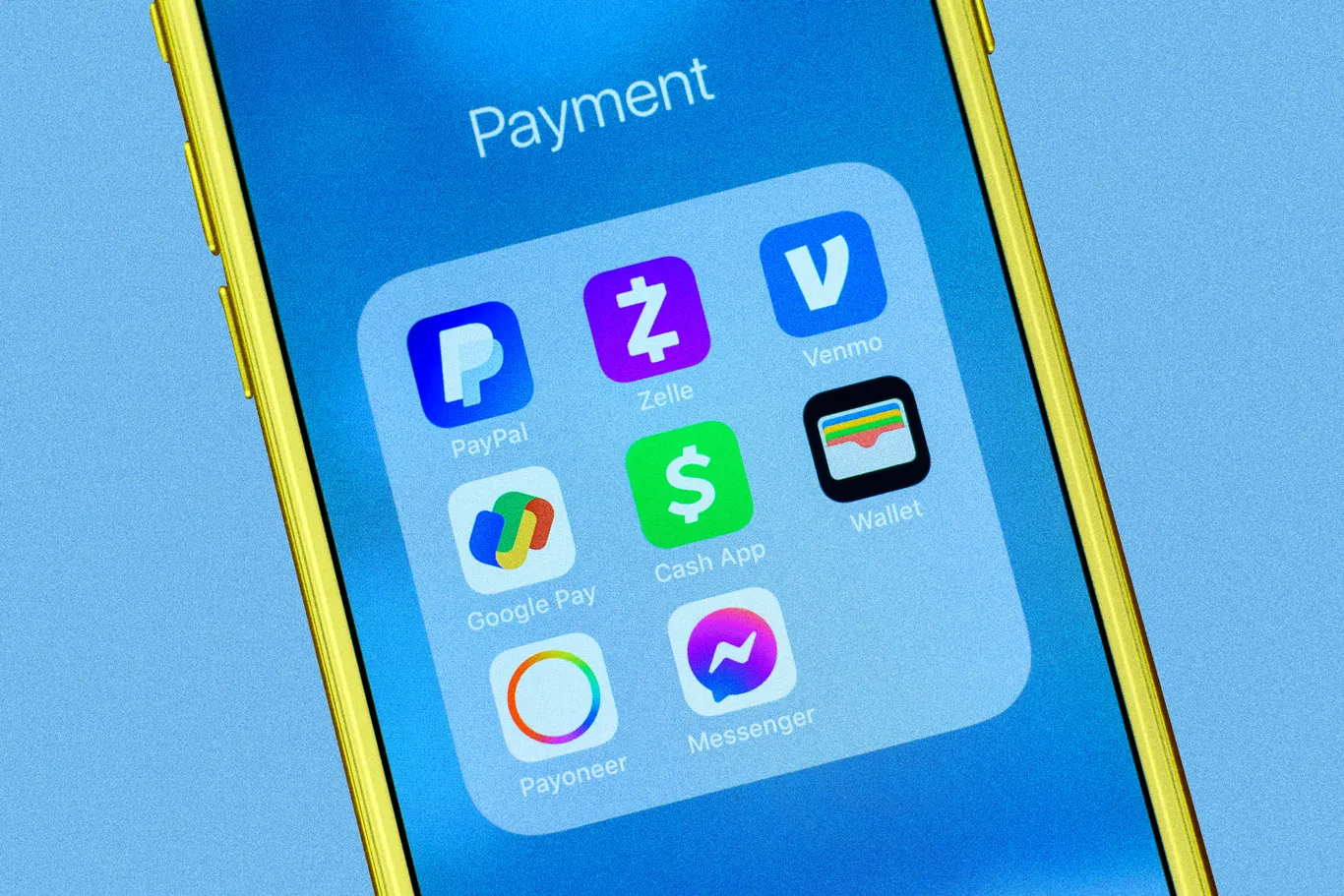Best Student Loans of May 2025

When it comes to financing your education, student loans are a common option for many individuals. There are two main types of student loans: federal student loans and private student loans. Federal student loans are issued by the U.S. Department of Education and offer more flexible repayment terms and borrower protections. On the other hand, private student loans can be considered when federal options have been exhausted and can help cover the total cost of attendance.
Private student loans differ from federal loans in several ways. They don’t offer the same benefits and protections as federal loans, so it’s recommended for undergraduates to only consider private loans after maximizing federal options. Private loans are credit-based, meaning not all students or parents may qualify. Additionally, nearly 90% of undergraduate private student loans have a cosigner.
When choosing the best private student loan lenders, factors such as overall costs, interest rates, fees, repayment terms, and unique perks were considered. Some of the top picks for best student loans include College Ave Student Loans, Sallie Mae, Earnest, SoFi, Ascent, and LendKey. Each lender offers different benefits and repayment options to cater to the diverse needs of borrowers.
Federal student loans are the preferred choice for many due to their low rates, flexible repayment options, and federal protections. To apply for federal loans, students must submit the Free Application for Federal Student Aid (FAFSA) annually. Private student loans, on the other hand, are issued by private banks or credit unions and require a credit check for approval.
Interest rates on student loans vary depending on the type of loan. Federal student loan interest rates are fixed, while private loan rates can be fixed or variable. The average interest rate for federal student loans is around 7.86%, while private student loans have an average rate of 9.21%.
When applying for student loans, it’s important to calculate your financial needs, explore federal loan options first, seek expert advice, and choose the right lender based on your requirements. Prequalification is recommended to compare rates and benefits without impacting your credit score.
In conclusion, student loans play a crucial role in financing higher education. By understanding the differences between federal and private loans, exploring various lenders, and making informed decisions, individuals can find the best student loan option that suits their needs.





